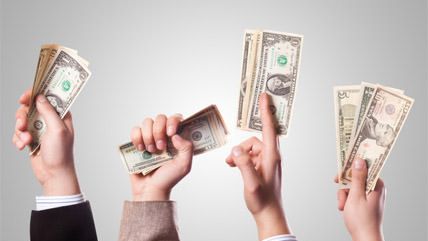Insider Trading
Everyone's doing it

A quarter of all public company deals may involve some kind of insider trading, according to a working paper by Patrick Augustin of McGill University, and Menachem Brenner and Marti G. Subrahmanyam of New York University. After looking at hundreds of transactions from 1996 to 2012, the researchers concluded that our existing laws are not very good at preventing insiders from cashing in on certain kinds of deals.
Is all this insider trading really bad news? Markets run on asymmetrical information. Stock prices bounce around because investors are doing their best to use their own superior information for personal gain. "Insider information" is just one kind of asymmetry, and not a particularly insidious one. Insider trading is a victimless crime.
What's more, it tends to make markets more efficient. If insider trading was legal, the George Mason economist Henry Mannes told The Washington Post last year, "The many Enron insiders who knew what was going on would have sold their shares, the price would have corrected itself and disaster might have been averted."
Meanwhile, the Securities and Exchange Commission isn't very good even at preventing its own employees from engaging in trades based on special knowledge. In some cases, such as the beginning of an investigation, they actually require such trades.


Show Comments (0)